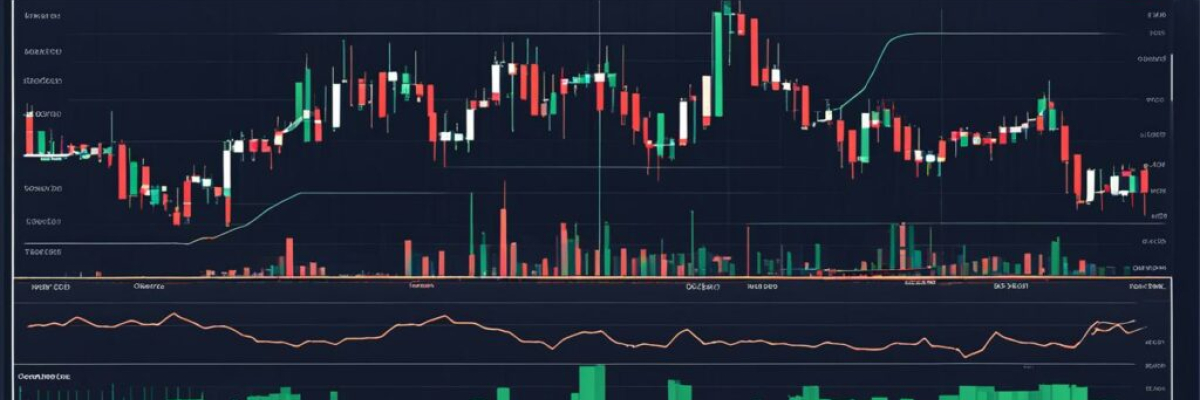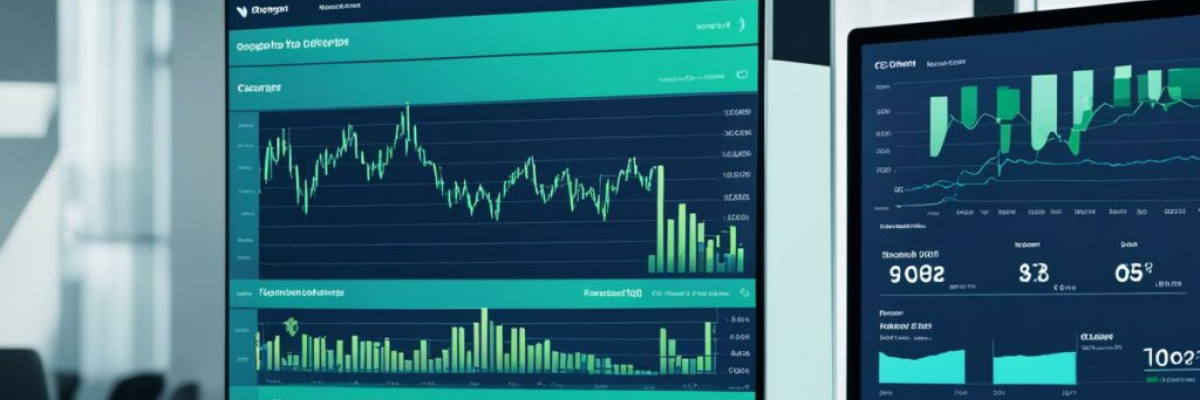Argentina has recently seen a shift in its political landscape with the election of Javier Milei, a staunch libertarian, as its president. Earning widespread popularity in the electoral arena, Milei took the presidency by storm, surpassing Sergio Massa, a more progressive adversary, in the public vote. Known for his anarcho-capitalist views, Milei has vocalized his intentions to uproot what he calls the established political “caste,” which he believes has let the country down. He has gone on record to state that, in his view, the state plays a role in the destruction of wealth.
Milei’s Historic Win in Argentine Election
At the age of 53, the economist Milei has become the focal point of Argentina’s political scene after securing a victory against the incumbent finance minister, known for his socialist-leaning policies. The electoral proceedings culminated in a pivotal second round, following an intensely fought first vote that saw Massa holding a slender advantage.
As the results rolled in, Massa acknowledged his defeat even before the final numbers were in, expressing his unexpected reaction to the outcome and extending his congratulations and best wishes to Milei.
Milei’s support base includes individuals from the cryptocurrency sector. He has been a forward-facing proponent of Bitcoin, considering it a reflection of monetary power reverting to its rightful place—the private sector. Furthermore, Milei is a proponent of “dollarization”. He suggests eliminating the nation’s central bank, projecting that adopting the U.S. dollar could be the fix Argentina needs to recover from its deep-seated economic hardships.
As the new head of the third-largest economy in Latin America, Milei is presented with substantial obstacles, notably an extraordinary inflation rate that has plagued the country.
Following his electoral achievement, discussions about “Argentina” and “Milei” have proliferated across various social media channels, revealing a surge in interest and commentary on these topics. Meanwhile, leading media publications have quickly drawn comparisons between Milei and other notable figures in global politics, alongside attaching labels such as “far-right” to his distinct political stance.
Do you have insights or opinions on Milei’s electoral victory? The topic has ignited a variety of reactions, and your perspective is valuable. Share your views in the comments section. Let’s engage in a thoughtful discussion.

Frequently asked Questions
1. Who is Javier Milei and why is he considered a free market champion?
Javier Milei is an Argentine economist known for his advocacy of free market principles and liberal economic policies. He strongly believes in limited government intervention and promotes the idea that free markets lead to economic growth and individual prosperity. Milei has gained popularity for his outspoken and unapologetic defense of these principles, which has earned him the reputation of a free market champion.
2. What is the significance of Javier Milei securing the Argentine presidency?
Javier Milei securing the Argentine presidency would mark a significant shift in the country’s economic policies. As a free market champion, Milei’s presidency would likely prioritize deregulation, privatization, and market-oriented reforms. This could potentially lead to a more business-friendly environment and attract foreign investments, aiming to stimulate economic growth and tackle issues such as inflation and unemployment.
3. How does Milei’s ideology differ from the traditional Argentine economic approach?
Milei’s ideology differs from the traditional Argentine economic approach in several ways. While the traditional approach often involves extensive government intervention and protectionism, Milei advocates for limited government involvement and free trade. He supports reducing subsidies, lowering taxes, and minimizing regulations, which contrasts with the commonly held belief that the government should play a more active role in the economy.
4. What are some potential challenges Milei may face in implementing his free market agenda?
Implementing a free market agenda can face various challenges, and Milei would likely encounter resistance from various groups and sectors. Some potential challenges include opposition from labor unions, trade protectionists, and those benefiting from existing government interventions. Additionally, changing established economic policies can often face bureaucratic hurdles and require political negotiations, which may slow down the pace of reforms.
5. How might Milei’s policies impact the everyday life of the Argentine population?
Milei’s policies, if implemented, could potentially have a significant impact on the everyday life of the Argentine population. Proponents argue that a free market approach can lead to increased competition, job creation, and improved living standards. However, critics argue that it could also lead to income inequality, reduced social welfare programs, and potential risks associated with market volatility. The ultimate impact would depend on the specific policies implemented and how effectively they are executed.
6. How has Milei’s popularity grown in Argentina?
Milei’s popularity in Argentina has grown significantly in recent years, primarily due to his bold and straightforward communication style. He has gained a large following through his appearances on television, interviews, and social media platforms, where he passionately argues for his free market ideas. Milei’s ability to connect with a diverse audience, especially the younger generation, has contributed to his rise in popularity and increased public attention surrounding his presidential candidacy.
7. What are the potential implications of Milei’s presidency on Argentina’s international relations?
Milei’s presidency could potentially have implications for Argentina’s international relations. As a free market champion, he would likely pursue policies that prioritize international trade, investment, and economic cooperation. This could improve Argentina’s relations with countries known for their free market economies and potentially open up new opportunities for trade partnerships. However, it could also strain relations with nations that favor protectionism or have ideological differences regarding economic policies. The extent of the impact would depend on the specific measures and diplomatic approaches taken by Milei’s administration.










